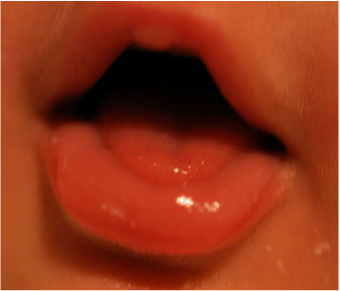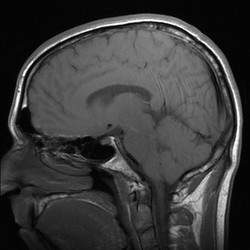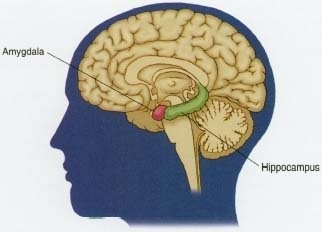
In part, I wanted to present this information because it is the beginning of the school year (September 1) and if teachers have not been introduced to these facts, it just might help them get their year off to a good start with their students who are "on the spectrum". Because the parents of those with autism are "scrambling" every moment to provide services and support (just as many parents are), they may not have all the time they need to educate themselves, especially if the diagnosis is recent. So, here we go!

One of the biggest issues is the minimal amount or lack of "mirror neurons", in particular, the F5 neurons, that play a vital role in the ability to imitate others. Why is the ability to imitate important?
We benefit from observing others because "following their lead" not only teaches us "what" to do, but shows us "how" to express the feelings that accompany that behavior. Imitation also allows us to develop empathy. In turn, imitation helps with "perspective taking" which is a fancy way of saying, "being in someone else's shoes"!
A "neurotypical" (typically wired) brain is primed and wired to imitate others. When I sat my baby in a high chair to feed him, I noticed he watched my mouth instead of watching me "deliver" the food to him. What? I realized that I was opening my mouth as the spoon got closer to his mouth and so, he imitated me and "opened wide"! I wish I had known that I, too, was primed to demonstrate the behavior I wanted him to imitate! If science had already learned about mirror neurons, I might have known "what" was going on in his little baby brain!

You can appreciate that if these skills are not sufficient to manage daily tasks, then a variety of problems result. These are the same issues that plague those with Attention-Deficit/Hyperactivity Disorder. ADHD is frequently diagnosed along with autism.
But, if you are autistic, it can be 10% larger than is typical. Why is this an issue? Because the autistic person ends up relying on the hippocampus to interpret situations that most people process elsewhere. The enlarged hippocampus allows them to recall a great deal of (often) irrelevant details which is oftentimes "off putting" to others.

It's my hope that you extend the same patience and understanding to their parents, regardless of the age of their autistic children.
Persons with autism need varying levels of support. Society has yet to catch up with the needs of the thousands of adults with serious levels of symptoms. Parents are joining together to create informal day treatment programs that offer their children a safe place to participate in meaningful activities. Do what you can to support them. These parents are the pathfinders.
TTFN, Claudia



